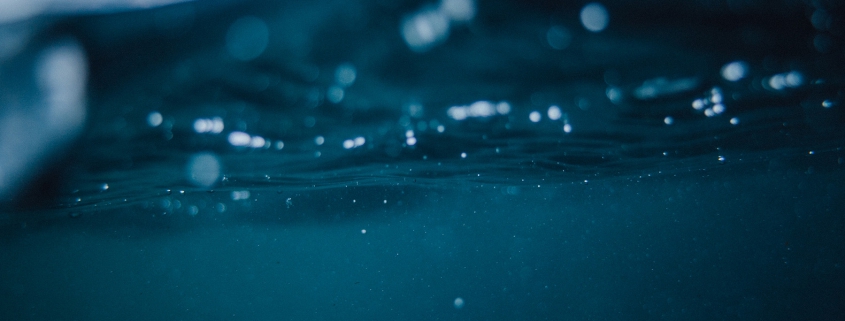Researcher Q and A – Mari Carmen Pineda

Mari Carmen Pineda talks sponges, dredging and the link between science and industry.
Q1: What brought you to AIMS from Spain?
I first came to AIMS to work in ecology and microbiology and I fell in love with AIMS amazing facilities, like the National Sea Simulator (SeaSim) as well as the scientific excellence of the staff here.
 Q2: You are currently studying sponges and how dredging effects them. Can you explain more?
Q2: You are currently studying sponges and how dredging effects them. Can you explain more?
I am working with the ‘sponge team’ I am sponsored by the Western Australian Marine Science Institute (WAMSI) Dredging Science Node to test how sponges respond to sedimentation and dredging-related pressures.
Q3: Sponges are sometimes said to be ‘a window’ into the effects of sedimentation? How is this so?
Sponges are an important component in marine coastal ecosystems where dredging activity usually occurs. In the WAMSI Dredging Science Node, we are working to determine the effects of dredging-related pressures (e.g. sedimentation, total suspended solids and light attenuation) on sponges.
We are performing a series of experiments within SeaSim to do this, in order to develop a better idea about how to devise sound environmental assessments related to dredging programs.
Q4: How do you think industry and science can help each other?
I think that following the global economic crisis it is essential that scientists engage with society and industry to make our research applicable to sustainable development.
Science and industry working together is so important. There are still huge gaps in our basic knowledge of marine systems, so we can’t forget that fundamental science is still essential in order to progress with our more applied research.
And this is what I love about my current job at AIMS! Studying the effect of a potential stressor such as dredging on an important group of marine invertebrates is basic research that can also be applied to improve sustainable dredging programs, ultimately benefiting our oceans, industry and our society.
Q5: Why do you think science is important generally?
Because I can’t conceive of a world without science! Can you? Science contains both the questions and the answers to the environment around us. Science enables us to better understand the world we are living in. Science has improved our health and our quality of life. I truly believe that science is the answer to our current and future problems. Science is our future!
Q6: Can you tell us one fascinating fact about the way in which people need sponges apart from in the bath?
Actually, sponges of the family Spongiidae (order Dictyoceratida, class Demospongiae) have traditionally been harvested as bath sponges, although now days most of the sponges we use in our tubs are actually synthetic!
Sponges have a lot to offer! Some sponge chemicals have considerable potential as anticancer drugs, for example.
Additionally, sponges provide important bioservices within their habitats, including nutrient cycling and the purification of vast water masses. These services provided by sponges ultimately affect the water quality of our oceans and the quality of our fisheries, which are directly linked to our health and wellbeing!

